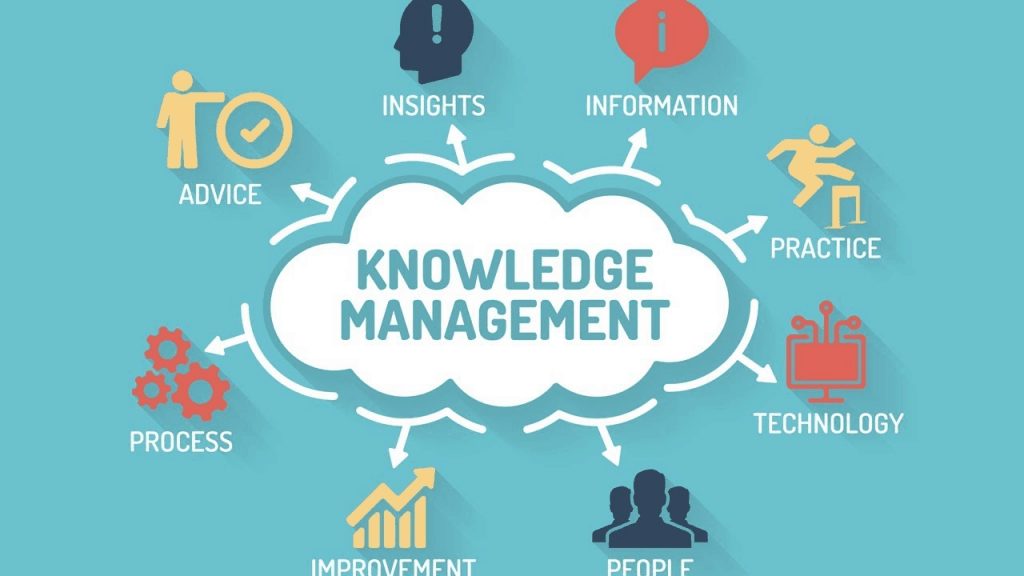Knowledge management is a relatively new idea. It was designed to make procurement professionals more productive. A personal knowledge management system (KMS) comprises methods and tools to gather, categorizing and organizing the storage of information that you use in your daily life; it also enables you to search and retrieve ideas within your organization or with others who may also require them.
It is essential to have all of your information at one place to be productive. You can access it whenever you need it, which means you don’t need to put off working on a task or undertaking. Here are some elements that can be used to in creating this kind of atmosphere where workflows run smoothly and without anxiety because nothing will fall out of the way due to a lack of visibility into the tasks to be completed in the next step.

Learning
Continuous learning is crucial for becoming a more efficient knowledge worker. Continuous self-improvement is vital as new technologies emerge and outdated skills are discarded. This should include attending events or seminars, but as well as reading technical journals in your field of interest and looking at sites that offer education courses.
Creativity
The quality of your output is greater than the number of tasks you are able to complete in the period of time. This is what determines productivity. You can find creativity through the tools and methods that you can use to enhance your abilities to think creatively, such as Google’s “creative toolkit” or YouTube tutorials about how-to videos that demonstrate new ways of doing something with only one click.
Information Triage
With so much information available, it’s important to be able to organize and prioritizing your reading. You could get overwhelmed by the amount of information available. It’s like how an emergency medical nurse feels when dealing with multiple patients of different degree of injury and severity. Everyone involved will save time by identifying those cases that require urgent attention.
Networking
Networking doesn’t happen overnight. You must be organized so when you meet someone unfamiliar, make sure prior to anything else happening, ask them questions that are relevant to their field of expertise and then listen attentively for the answersand then write down the information in an easily accessible document such as a spreadsheet or database on your phone (or whatever device suits). This will make it easier to remember who knows what information without having trouble remembering the exact date or location it was first introduced.
Research
You must ensure you’ve got all the information before making any decision. If there’s anything in your research that isn’t clear or isn’t understood Ask questions! The open-ended format allows people to elaborate without being pressured to give a simple answer. This will prevent miscommunications in the future.
Communications
Communication skills are vital to productivity. It’s vital to communicate your message conveyed effectively and quickly This means that you must have excellent speaking abilities are necessary as well as writing or PowerPoint presentations that allow you to communicate with others in a way that is effective. Understanding this concept of a two-way street will give both sides of the discussion to make use of their respective tools to ensure there’s not any misunderstandings by asking questions when needed.
For more information, click kms Knowledge management system